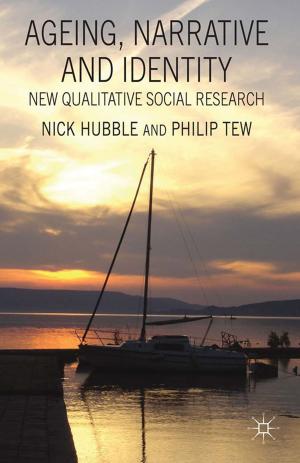Nigeria’s University Age
Reframing Decolonisation and Development
Nonfiction, Reference & Language, Education & Teaching, History, Africa| Author: | Tim Livsey | ISBN: | 9781137565051 |
| Publisher: | Palgrave Macmillan UK | Publication: | November 13, 2017 |
| Imprint: | Palgrave Macmillan | Language: | English |
| Author: | Tim Livsey |
| ISBN: | 9781137565051 |
| Publisher: | Palgrave Macmillan UK |
| Publication: | November 13, 2017 |
| Imprint: | Palgrave Macmillan |
| Language: | English |
This book explores the world of Nigerian universities to offer an innovative perspective on the history of development and decolonisation from the 1930s to the 1960s. Using political, cultural and spatial approaches, the book shows that Nigerians and foreign donors alike saw the nation’s new universities as vital institutions: a means to educate future national leaders, drive economic growth, and make a modern Nigeria. Universities were vibrant places, centres of nightlife, dance, and the construction of spectacular buildings, as well as teaching and research. At universities, students, scholars, visionaries, and rebels considered and contested colonialism, the global Cold War, and the future of Nigeria. University life was shaped by, and formative to, experiences of development and decolonisation. The book will be of interest to historians of Africa, empire, education, architecture, and the Cold War.
This book explores the world of Nigerian universities to offer an innovative perspective on the history of development and decolonisation from the 1930s to the 1960s. Using political, cultural and spatial approaches, the book shows that Nigerians and foreign donors alike saw the nation’s new universities as vital institutions: a means to educate future national leaders, drive economic growth, and make a modern Nigeria. Universities were vibrant places, centres of nightlife, dance, and the construction of spectacular buildings, as well as teaching and research. At universities, students, scholars, visionaries, and rebels considered and contested colonialism, the global Cold War, and the future of Nigeria. University life was shaped by, and formative to, experiences of development and decolonisation. The book will be of interest to historians of Africa, empire, education, architecture, and the Cold War.















